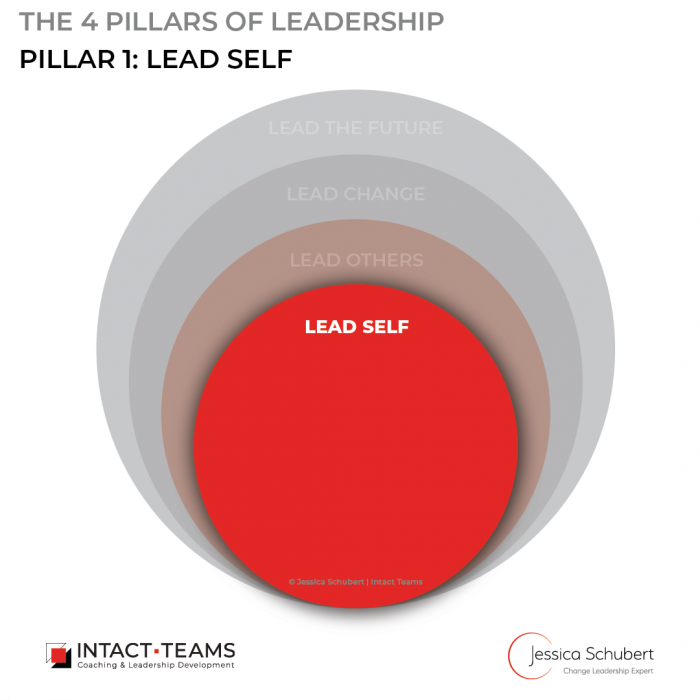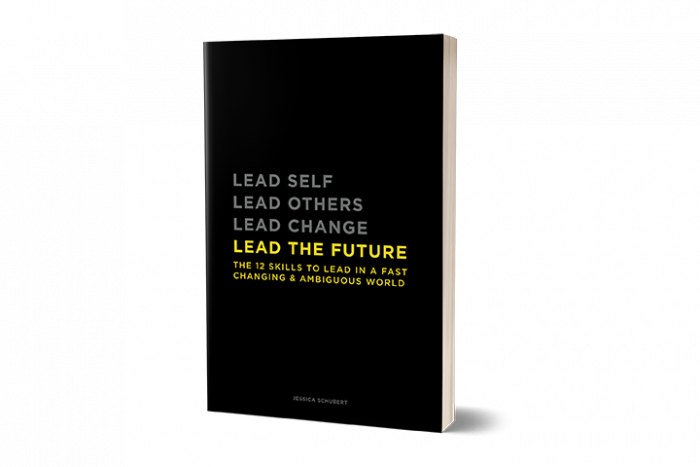Did you know that 30% of Fortune 500 CEOs last less than three years? Why? Because they are not good leading self.
Research goes further, citing that a significant percentage fails within the first 18 months, and common traits related to failure are ego and lack of emotional intelligence.
I believe that regardless of our title or position, strong self-leadership is the foundation of success, happiness and resilience in both our personal and professional lives.
‘As a leader, the first person I need to lead is me. The first person that I should try to change is me.’ – John C. Maxwell
Leading self reminds me of a bucket that has holes. If you keep filling up the bucket with water without fixing the holes, the bucket will never stay full. You have to fix the holes first, and then you can fill up your bucket. You can only serve from a full bucket.

Leading-self is all about mindset and starts with self-awareness.
I was working with a team leader in the banking industry last year, let’s call him Greg, who was struggling with his team. There was a lack of accountability, underperformance, high turnover and what seemed like a very negative team culture. I noticed right away that Greg was stressed, frustrated and directed the blame at his team. He said: ‘I am really trying to lead my team well, but they are just not performing. It’s like they don’t want to be here.’ And here is the thing: there is the misconception that leadership is always something that’s done to other people. But leadership starts with leading self-first, creating self-awareness and fixing those holes in the bucket.
Greg asked his team for feedback and reflected on how he was behaving. I had a feeling that if he was showing up all stressed, erratic and blaming everyone around him like he did in our sessions, his team would see the same.
Having a mirror put up to his behaviour was tough for Greg, but it helped him to shift the needle.
He realised that he needed to work on his emotional intelligence, be aware of his communication style and listen more. His ego and lack of empathy had gotten in the way, and the only way to gain trust and empower his team was to change his mindset and leadership approach.
Leading yourself involves understanding your feelings, beliefs, and values and how they influence your decisions and your interactions with others. Without having an awareness of yourself, and your natural high preferences when it comes to behaviour and communication, it’s impossible to improve relationships with others. Create self-awareness of your inner narrative, your mindset and your core strengths, and ask for feedback from others to get an accurate view of the way people think of you.
There are many aspects and skills in this pillar you might want to focus on: behaviour style, growth mindset, your leadership brand etc. I believe that it’s vital to figure out what your strengths are as a leader and what you bring to the table. Get feedback from others and reflect on what moves the needle for you, how can you fill those holes in your bucket.
 In my book ‘LEAD THE FUTURE’ – The 12 skills to lead in a fast-changing & ambiguous world’, I focus on Strength-based leadership, courage & resilience and emotional intelligence in the leadership pillar LEAD SELF. Truly foundational skills to lead self-first.
In my book ‘LEAD THE FUTURE’ – The 12 skills to lead in a fast-changing & ambiguous world’, I focus on Strength-based leadership, courage & resilience and emotional intelligence in the leadership pillar LEAD SELF. Truly foundational skills to lead self-first.
Order your copy of the book here.
If you want to talk about how I help leaders and organisations develop the Four Pillars of Leadership, contact me.








